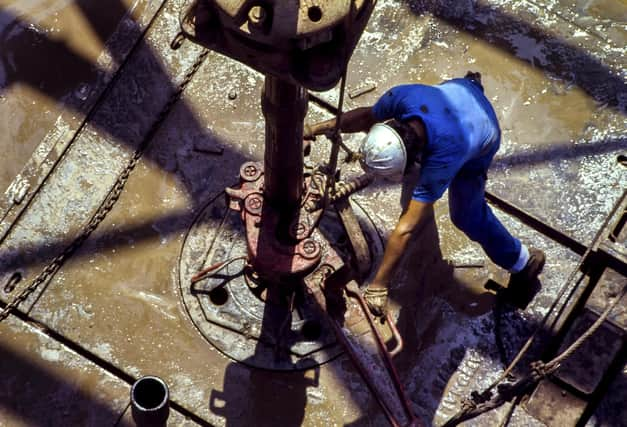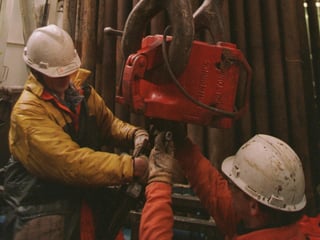Navigating the choppy waters of the oil crisis - comment


While some producers will have hedged against falling prices, those arrangements will come to an end over the next few months, with the potential for serious impairment to both equity and bond valuations if conditions do not improve.
Hedging arrangements will buy management teams time to implement cost-cutting measures, but restructuring or insolvency may be inevitable for a significant number of businesses unless relationship banks are willing to provide forbearance. Even then, the weight of the debt burden may prove overwhelming and, whatever happens, management teams will be under scrutiny from their shareholders, lenders, bond-holders and regulators.
Advertisement
Hide AdAdvertisement
Hide AdPinsent Masons acted on one of the industry’s largest cross-border collapses arising out of the 2014-15 price crash, giving us some insight into what might happen next. The longer the crisis, the more damage is done to underlying assets.
An oil price crash to $20 or $30 a barrel, or less, is likely to be damaging to a large variety of exploration and production (E&P) firms. In such circumstances, a small minority of managers may make rash decisions, to protect their business or team or finances. This may involve cutting budgets, causing the breach of fundamental license obligations, compromising the safety of operations or generating environmental risks.
Stronger E&P companies biding their time before picking off cheap assets during this period of distress should be alert to the potential “corrosion” risks to target assets if they leave it too long before making an offer. There may be increasing incentives to hide damaging issues from potential buyers the longer this crisis continues.
Host states have been known to terminate hydrocarbons licence arrangements on grounds of economic distress short of insolvency. In many jurisdictions, licences – or licence interest documentation – may be imperilled, even if only one member of an unincorporated contractor association is insolvent. It is critical that E&P companies audit their licence arrangements and institute precautionary measures to guard against the insolvency of one of their joint venture partners should this seem likely.
Aligning
Directors of distressed companies may eventually have to align to the interests of those higher up the credit chain such as banks, bond holders or speculative bridging lenders. Experience shows that these parties may contemplate litigation when little value can be salvaged elsewhere.
This will create major challenges for office holders, who are likely to be focused on saving their business. Management must study default provisions across their contracts and engage with creditors and other counterparties early on to pre-empt such disputes. Good relationships should also be maintained with team members, whose testimony may be critical in any formal process.
For buyers under long-term oil and gas sales deals with “take or pay” arrangements, the benefits of lower oil prices may be outweighed by the inability to find buyers or use for the product or, failing that, storage capacity.
We expect to see discussions around take or pay commitments and whether they can be diluted in the current price climate.
Advertisement
Hide AdAdvertisement
Hide AdUltimately, parties will need to apply the relevant legal and commercial analysis to calculate where the various competing interests align. Joint venture partners, banks, bond holders, off-takers and regulators may all lose in a default situation, and a negotiated or mediated solution may be the best way forward.
Given the many different stakeholders involved, a negotiated solution is likely to be the quickest and most cost-effective approach to resolving a cross-border E&P collapse, where a company’s ability to comply with its obligations is permanently impaired.
Akshai Fofaria, partner and specialist in energy projects and transactions at Pinsent Masons
A message from the Editor:
Thank you for reading this story on our website. While I have your attention, I also have an important request to make of you.With the coronavirus lockdown having a major impact on many of our advertisers - and consequently the revenue we receive - we are more reliant than ever on you taking out a digital subscription.Subscribe to scotsman.com and enjoy unlimited access to Scottish news and information online and on our app. With a digital subscription, you can read more than five articles, see fewer ads, enjoy faster load times, and get access to exclusive newsletters and content. Visit www.scotsman.com/subscriptions now to sign up.
Our journalism costs money and we rely on advertising, print and digital revenues to help to support them. By supporting us, we are able to support you in providing trusted, fact-checked content for this website.
Frank O'Donnell
Editorial Director
